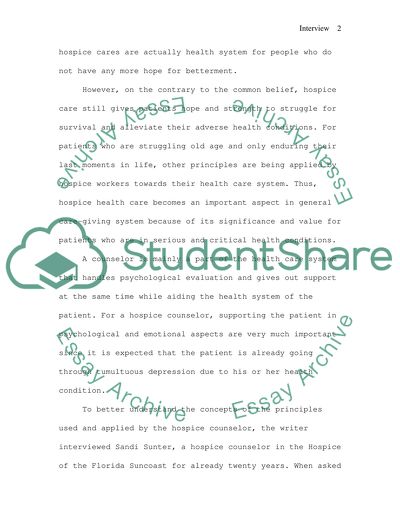Cite this document
(“Life Histories Essay Example | Topics and Well Written Essays - 3250 words”, n.d.)
Life Histories Essay Example | Topics and Well Written Essays - 3250 words. Retrieved from https://studentshare.org/miscellaneous/1502303-life-histories
Life Histories Essay Example | Topics and Well Written Essays - 3250 words. Retrieved from https://studentshare.org/miscellaneous/1502303-life-histories
(Life Histories Essay Example | Topics and Well Written Essays - 3250 Words)
Life Histories Essay Example | Topics and Well Written Essays - 3250 Words. https://studentshare.org/miscellaneous/1502303-life-histories.
Life Histories Essay Example | Topics and Well Written Essays - 3250 Words. https://studentshare.org/miscellaneous/1502303-life-histories.
“Life Histories Essay Example | Topics and Well Written Essays - 3250 Words”, n.d. https://studentshare.org/miscellaneous/1502303-life-histories.


